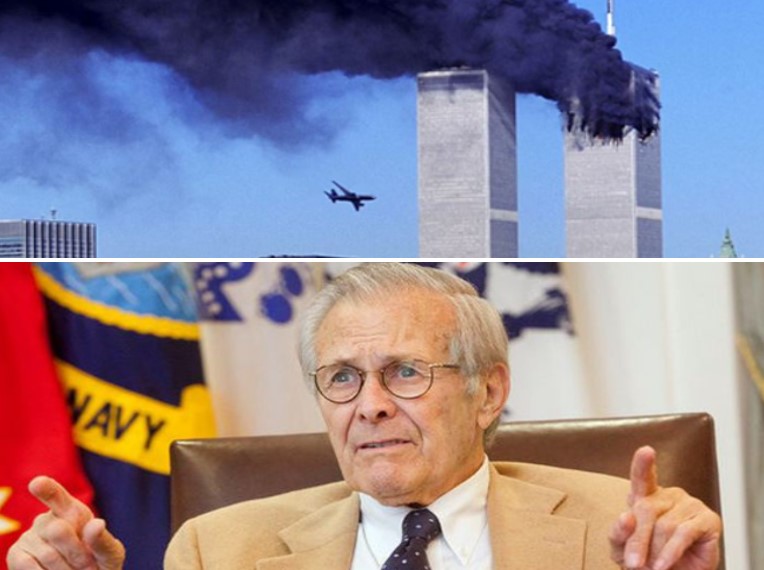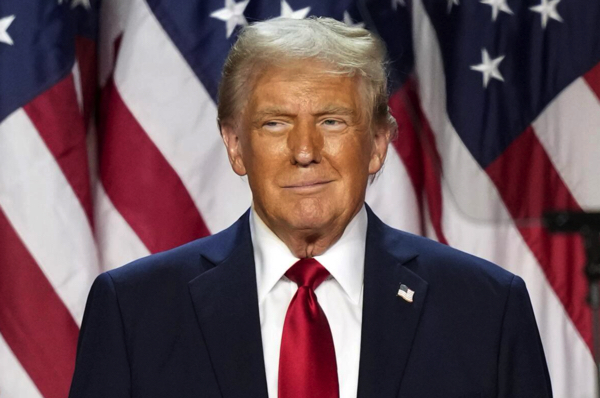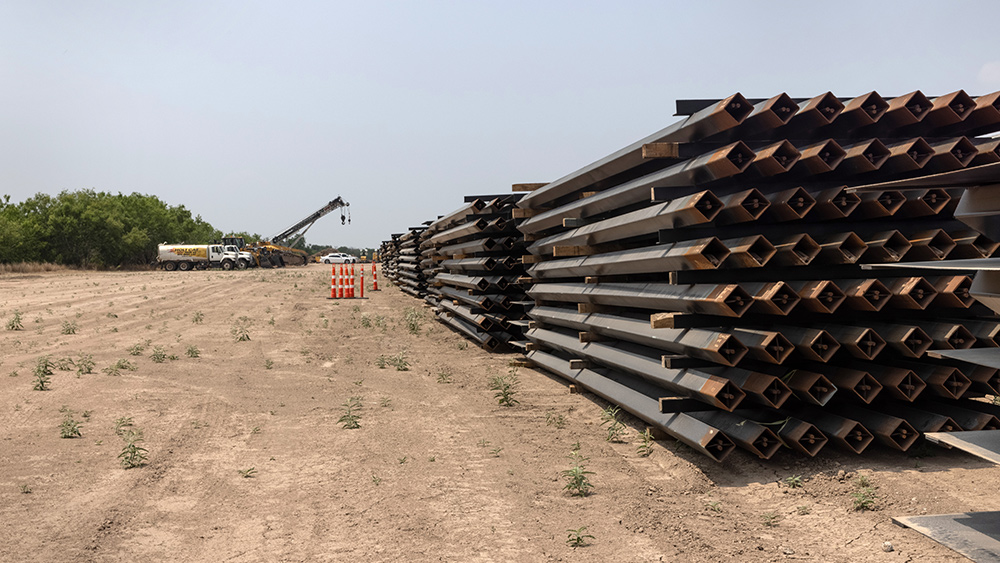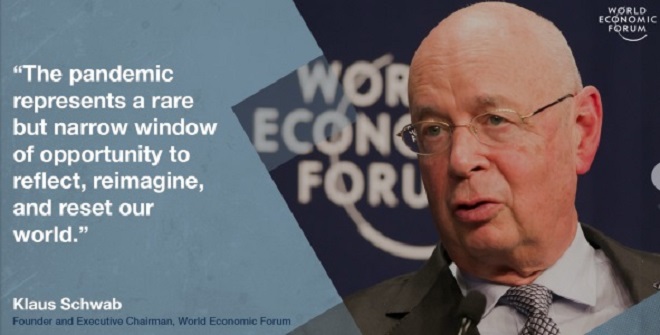Trump threatens to quit Ukraine peace talks amid Zelensky’s rejection of Crimea concessions
By willowt // 2025-04-23
Tweet
Share
Copy
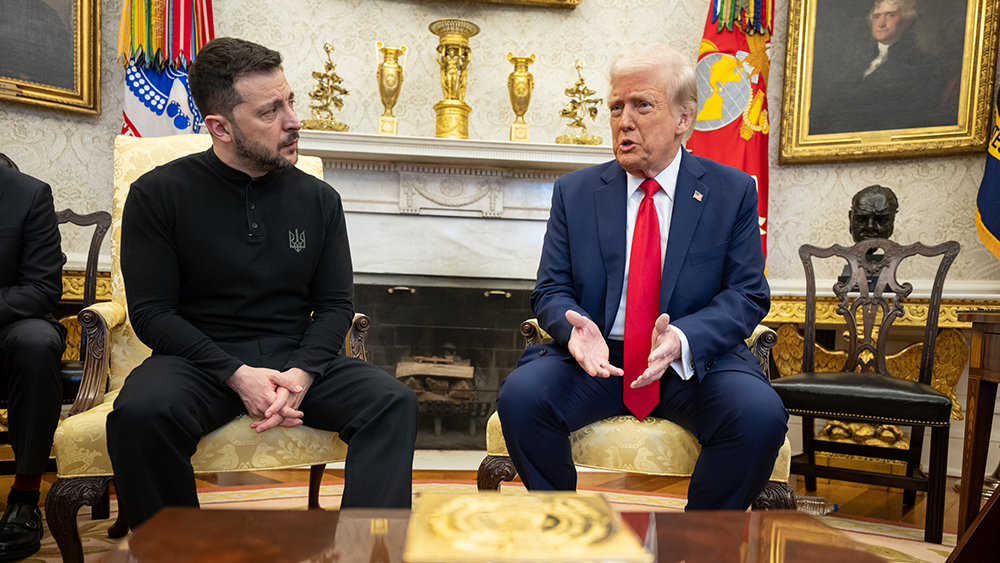
- U.S. President Donald Trump warns the U.S. will exit Ukraine peace talks unless Kyiv acknowledges Crimea as Russian territory — a major diplomatic shift from prior U.S. policy. Ukrainian President Volodymyr Zelensky rejects the proposal outright, calling it a violation of Ukraine’s sovereignty and a prolongation of the war.
- The White House proposes a European-backed ceasefire with "resiliency forces" and potential sanctions relief for Russia, but Kyiv refuses compromises on Crimea. Ukrainian officials insist any deal must prevent Russia from retaining conquered lands permanently.
- The region’s 2014 annexation (deemed illegal by Ukraine and the West) and Russia’s Black Sea base in Sevastopol make territorial concessions fraught. U.S. analysts admit Ukraine lacks military means to reclaim Crimea, fueling Trump’s push for compromise.
- Trump’s team sets an urgent timeline, threatening to withdraw if talks fail, which could leave Kyiv vulnerable to Russian advances amid dwindling Western support. European allies aim to balance reconstruction aid and sanctions pressure while navigating U.S. demands.
- A breakdown risks escalating war beyond Ukraine, with critics warning Moscow could exploit stalled talks. The outcome hinges on reconciling Kyiv’s sovereignty claims with geopolitical realism, testing Western unity and regional stability.
Historical tensions over Crimea: A region’s legacy fuels standoff
At the heart of the impasse lies Crimea, a peninsula that has shifted hands through history but has been under prolonged Russian control since its 2014 annexation following a pro-Western coup in Ukraine. Moscow held a contested referendum that year, declaring the region part of Russia — a move Kyiv and most global powers reject as illegal. The U.S. remains officially aligned with that stance, but Trump’s offer to recognize Crimea’s status would constitute a historic shift. Zelensky’s outright rejection of the proposal drew on constitutional and emotional grounds. “Crimea is our territory, the territory of the people of Ukraine,” he declared, calling talks on sovereignty with Russia “prolonging the war.” The peninsula’s strategic value, housing Russia’s vital Black Sea naval base in Sevastopol, complicates efforts. While U.S. military analysts privately concede Kyiv lacks the forces to reclaim it militarily, Trump’s administration views territorial compromises as necessary for ending the bloodshed.U.S. peace plan seeks European backing as Zelensky holds firm
The White House’s draft agreement, revealed in part by the Washington Post, envisions a freeze of frontline positions and European-garrisoned “resiliency forces” to bolster Kyiv’s security. Crucially, it also hints at sanctioned relief for Moscow in exchange for a full ceasefire and adherence to “security guarantees.” Yet Kyiv views even de facto recognition of Crimea as a fatal blow. “We remain in constructive dialogue with American partners,” Ukraine’s defense minister Rustem Umerov said, but stressed Kyiv cannot accept terms that “allow Russia to hold conquered lands permanently.” European allies, including Germany, France and Britain, aim to leverage their influence to secure reconstruction aid and sanctions leverage for Kyiv. A senior U.S. official described Ukraine’s stance as “90% aligned” with the U.S. plan but noted Kyiv insists on retaining full sovereignty over Crimea. Trump’s special envoy, Steve Witkoff, is set to press Moscow for a final deal this week, while Secretary of State Marco Rubio, absent from London talks, emphasized “Washington has other priorities.” Meanwhile, Zelensky’s office called the U.S. deal “sad and dangerous,” arguing it would reward Russian aggression.Sanctions and security: A clock ticking for global conflict risks
The administration has framed the talks as “now or never,” linking U.S. engagement to immediate results. If rejected, the pullout risks leaving Kyiv dependent on dwindling Western support and escalating Russian advances. Kyiv’s reliance on U.S.-supplied weaponry, including tanks and artillery, underscores its precarious position. Critics warn that abandoning talks could embolden Putin to consolidate gains while shielding Russia from Western isolation. “If there’s no peace,” said one European diplomatic source, “Europe faces a longer, more damaging war that could spill beyond Ukraine.” Internal U.S. divisions also loom: White House hawks favor withdrawing, while critics accuse Trump of prioritizing detente over Ukraine’s survival.The geopolitical crossroads of Kyiv and Kremlin
With Trump’s peace details set to be unveiled by Thursday, the world watches for signs of a deal — or a breakdown that could reshape Eastern Europe’s borders. For Zelensky, ceding Crimea would fulfill a political nightmare; for Trump, it may be the only path to extricate the U.S. from a grinding war. History hangs in the balance, as Crimea’s fate symbolizes the West’s commitment to nationalism versus pragmatic realism. As one analyst noted, “The question remains: Can diplomacy reconcile Ukraine’s resolve with geopolitical realism, or will this moment mark a new era of conflict?” The answer, for now, rests on next days of talks—an uncertain chapter for a region already reshaped by bloodshed and ambition. Sources include: YourNews.com NYPost.com RT.comTweet
Share
Copy
Tagged Under:
Donald Trump Russia Ukraine national security politics Putin White House big government chaos peace talks dangerous resist WWIII Zelensky Russia-Ukraine war
You Might Also Like
DHS cuts $2.7M in Harvard funding over antisemitism failures, left-wing indoctrination
By Laura Harris // Share
Study: Even moderate drinking damages the brain and increases dementia risk
By Ava Grace // Share
Democratic Rep. Raskin warns foreign leaders: Support Trump, face consequences
By Cassie B. // Share
Recent News
Astronomers witness a rocky planet BOILING AWAY, leaving behind a COSMIC TAIL
By ljdevon // Share
DHS cuts $2.7M in Harvard funding over antisemitism failures, left-wing indoctrination
By lauraharris // Share
